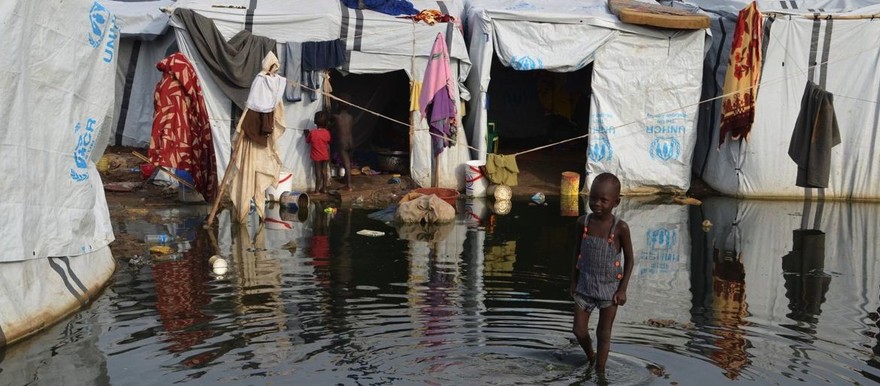South Sudan’s Ministry of Health formally declared a cholera outbreak in Juba, Central Equatoria State, saying that 18 suspected cases have been found, with one confirmed death.
Cholera is a disease is characterized by sudden onset of profuse, watery diarrhoea without fever or abdominal cramps. Vomiting, which can be severe, and painful leg cramps are also common symptoms.
According to an announcement yesterday by the health ministry, the 18 suspected cases reported so far originate from various neighborhoods of Juba, including Gudele 2, Gudele 1, Juba Nabari, Jopa, Kator, Gabat, Mauna, Newsite, MTC, Nyakuron, and Munuki block A.
One of the suspected cases was confirmed on 6 May by tests conducted by the AMREF laboratory in Nairobi, according to the press release.
This echoes an earlier report by the UN coordination agency (OCHA), which stated in a 10 May bulletin that one cholera case was confirmed on 6 May in UN House camp in Juba.
At the time, the UN agency said that none of the people close to the victim appeared to have caught the disease.
South Sudan’s health ministry says 14 of the suspected cases are currently admitted at the isolation ward in Juba Teaching Hospital, and one case at IBI clinic in Gudele.
Warning that the disease could spread, the ministry stated that ‘appalling’ conditions in overcrowded displaced camps in Juba are “favorable for a potential cholera outbreak.”
According to the ministry’s statement, health agencies have conducted cholera vaccination campaigns in Juba displaced camps, but these measure are potentially inadequate: “A lot of interventions still need to be put in place such as water and sanitation to ensure that outbreak is promptly contained,” the ministry warned.
The ministry recommended that citizens take the following measures to avoid spreading the disease:
– Avoid drinking unboiled or untreated water
– Avoid eating without washing hands with soap or ash
– Avoid eating cold food or uncovered food
– Avoid eating raw food stuffs like mangoes, shea nut fruits etc, without washing with clean water
– Avoid eating cold food and in places you are not sure off
– Breastfeed all babies below the age of 2 years.
Photo: Tongping IDP camp




